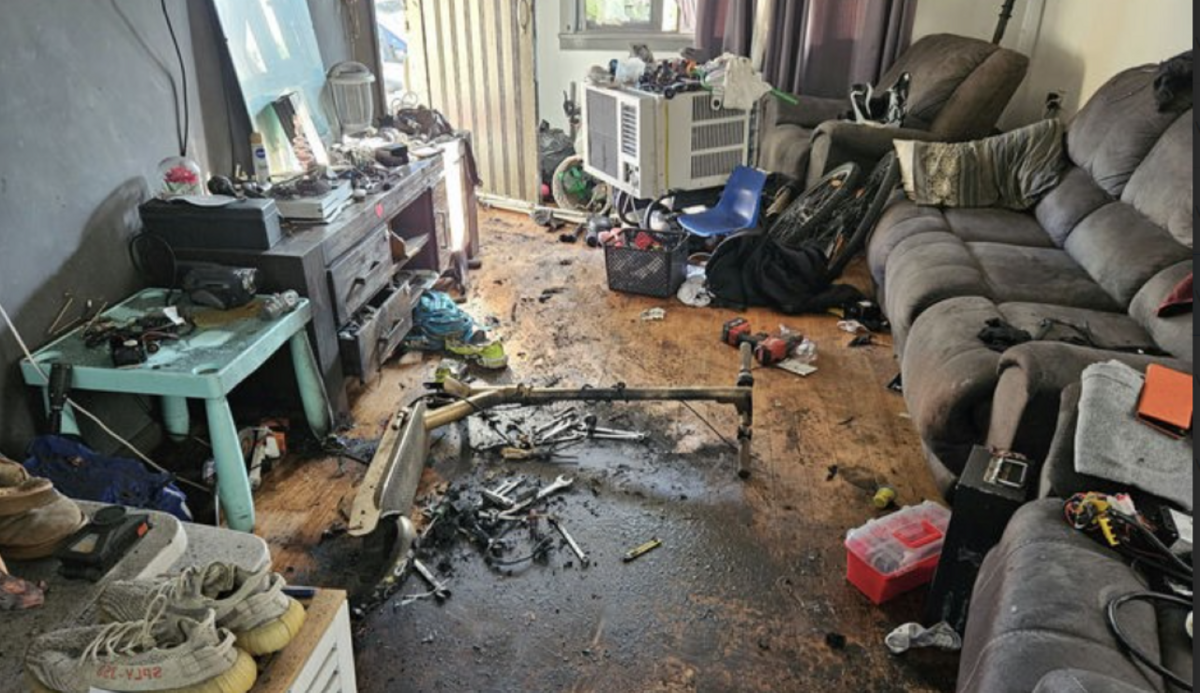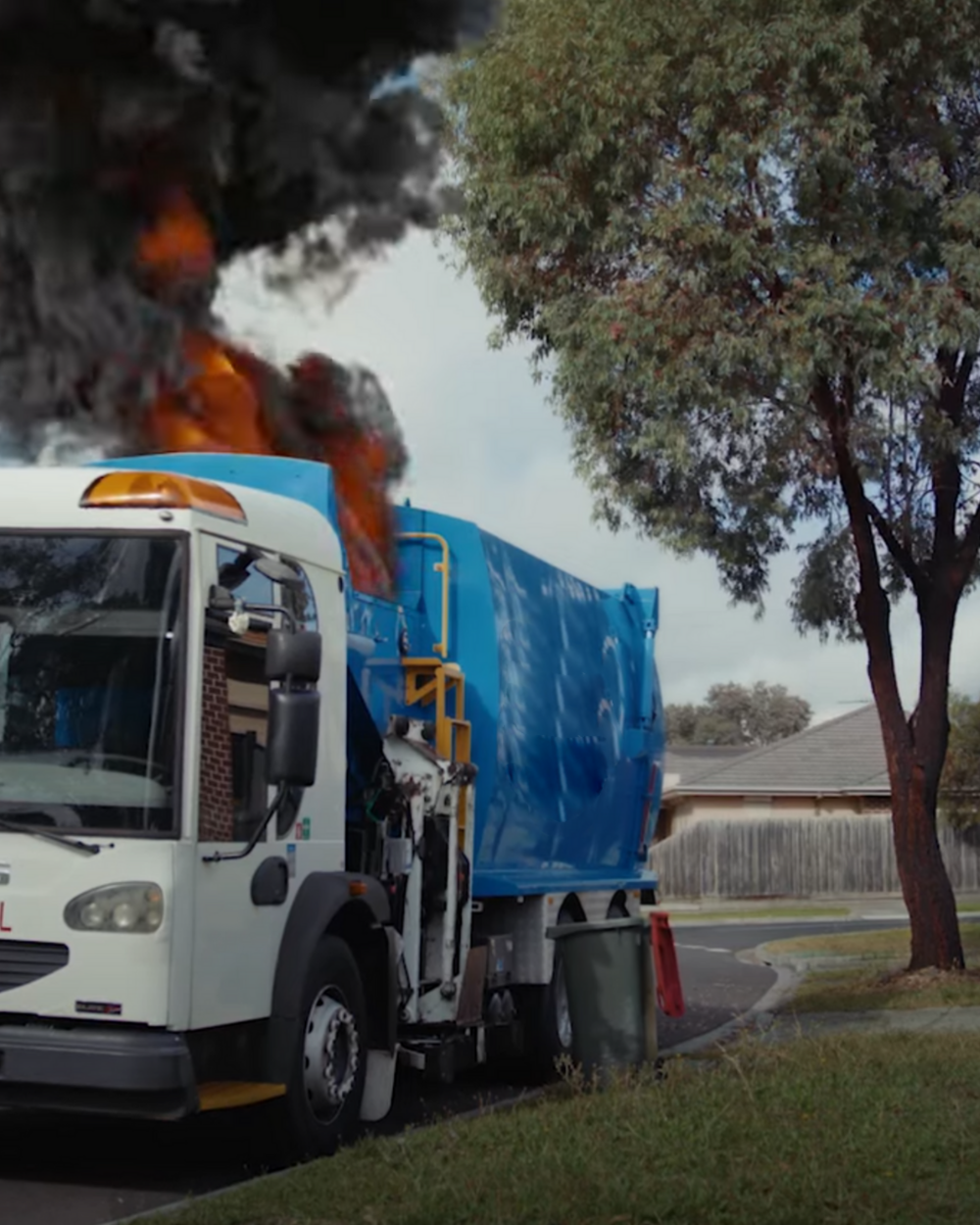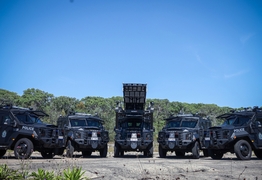NSW leads Australia in introducing battery safety laws
Kristin Murdock
27 March 2025, 6:40 AM
 E-scooters batteries, and their potential to cause fire, are being targeted with new legislation
E-scooters batteries, and their potential to cause fire, are being targeted with new legislationThe New South Wales Government has introduced legislation that requires suppliers to take greater responsibility for the handling and disposal of products, including batteries, that pose a risk to human safety and the environment.
The new Product Lifecycle Responsibility Act, will create a framework for suppliers of certain products to participate in mandatory stewardship schemes.
This means manufacturers and retailers will have to adhere to strict requirements regarding design and manufacturing, reuse and recycling, and safe disposal options for their products.
Of particular concern are embedded batteries—small lithium iron batteries permanently placed within devices.
These batteries are often difficult to remove and, when improperly disposed of, have been linked to a significant rise in fires at waste facilities and homes.
Fire and Rescue NSW have dealt with 384 lithium-ion battery incidents since the start of 2024.
Between January 1 and August 1, 2024, NSW recorded 193 battery-related fires, an 18 per cent increase from the previous year.
In 2023, NSW had 285 lithium-ion battery fires, more than double the previous year’s total, with most incidents traced to small electronic devices.
Lithium-ion batteries, commonly found in electric toothbrushes, smartwatches, headphones, and cordless vacuums, are highly combustible and have contributed to an increasing number of fires.
Though these fires have not been common in our local area, District Manager of the Northwest Rural Fire Service (RFS) Zone, Luke Robinson, said people should not become complacent.
“I’m glad to say I’m not aware of a fire starting from these batteries in our region, but they can be a real danger,” he said.
“The trouble happens when they are disposed of with all other rubbish.

An alarming rise in garbage truck fires is linked to incorrect disposal of batteries.
"Batteries can start fires in dumps and on kerbsides, and there have been cases of garbage trucks having to dump their loads on the roadside when their fire detection systems go off.”
New rules for e-bikes and e-scooters
Safety standards for lithium-ion powered e-bikes, e-scooters, and similar products came into effect from February 1 this year.
From August 1, if the new e-micromobility information standard is not provided at point of sale, retailers could be subject to penalties of up to $5,500 for each breach.
These batteries have been identified by Fire and Rescue NSW (RNSW) as the state’s fastest-growing fire risk.
FRNSW Commissioner Jeremy Fewtrell said his organisation welcomed this new legislation
“Fire and Rescue NSW welcomes the new e-micromobility information standards which will ensure people are protected from dangerous, poor-quality lithium-ion products,” Mr Fewtrell said.
“Three people have died within the last 12 months in NSW from fires involving lithium-ion battery-powered bikes.
“These measures will provide retailers, manufacturers and consumers with critical compliance guidelines to protect lives and property.”
In spite of these new regulations, so far in 2025, there has been 10 fires related to lithium-ion batteries in e-bikes, e-scooters, hoverboards and other mobility devices.
The new legislation may mean that battery suppliers must:
- Register battery products to ensure compliance and provide safe disposal or recycling options.
- Run public education campaigns to raise awareness of battery risks and disposal methods.
- Improve battery design, packaging, and storage to enhance safety and recyclability.
These regulations will apply to all types of batteries.
NSW Environment Minister Penny Sharpe emphasised the importance of these changes.
“This Bill will give the NSW Government the strongest powers in the country to ensure suppliers take accountability for the products they sell," she said.
"This is nation-leading reform, and I’m very proud to move on it."
To see how ferocious a battery fire can be, click here.



